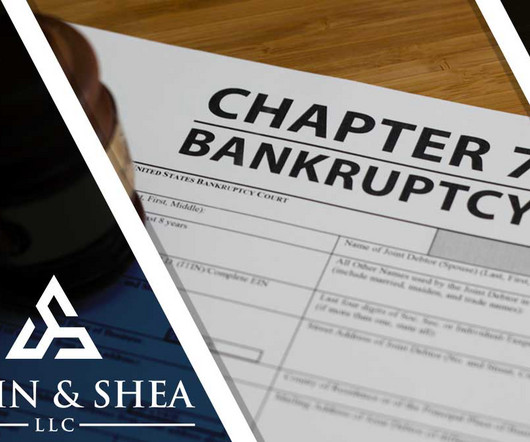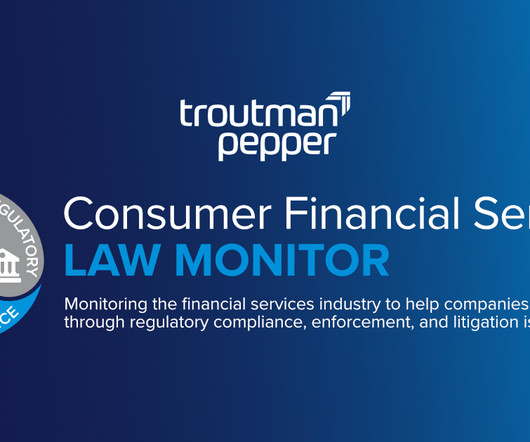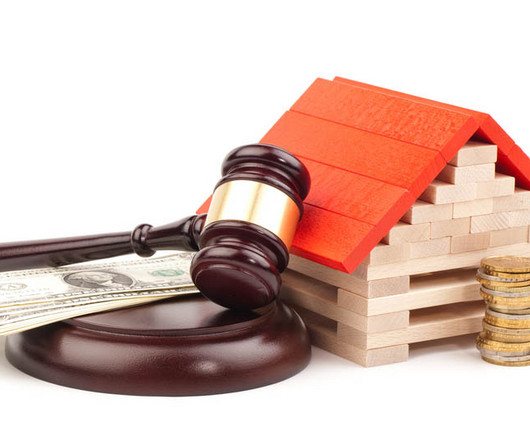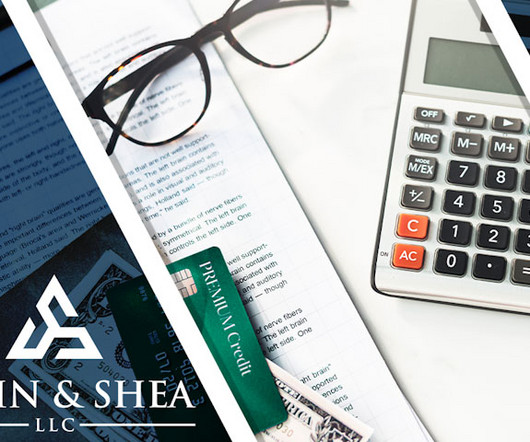What Can I Keep if I File For Chapter 7 Bankruptcy?
Sawin & Shea
SEPTEMBER 27, 2023
In this article, we will walk you through Indiana debt collection laws and some of the many exemptions that help you keep your personal, real, or intangible assets when you file for a Chapter 7 in the State of Indiana. What is Chapter 7 Bankruptcy? The post What Can I Keep if I File For Chapter 7 Bankruptcy?

















Let's personalize your content